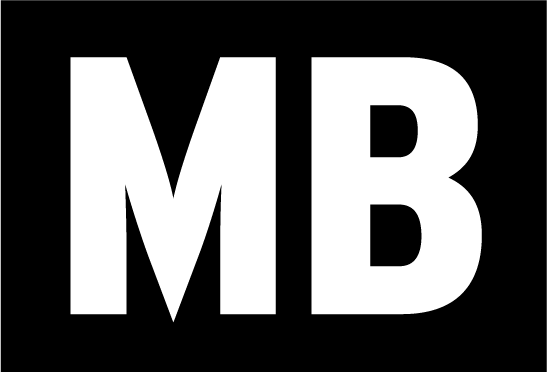IPG Mediabrands begins a quarterly report on social platforms’ practices
By Nat Ives
The July advertiser boycott against Facebook Inc. over the way it handles unwelcome content generated some results, at least in the eyes of organizers, and a flood of headlines.
But parts of the ad industry also are taking a wider look at the other players in social media. Although there are no signs of new boycotts brewing, the scrutiny could affect how social media companies handle hate speech, misinformation and other content.
IPG Mediabrands, a media planning-and-buying group within ad-agency giant Interpublic Group of Cos ., has begun what it says will be a quarterly report comparing top social media platforms’ content policies and practices.
The report is meant to help marketers determine which platforms fit their values and to avoid focusing only on the platform in the hot seat at the moment, said Elijah Harris, global head of social at Reprise, an agency that is part of Mediabrands.
“It’s important to have an objective assessment and not simply allow the news cycle to dictate how we vet these partners,” Mr. Harris said.
Some marketers have been making their own painstaking, case-by-case evaluations of the platforms.
“After a 30-day re-evaluation of our national social media advertising on all social platforms, we are returning to several social media outlets, including YouTube and Pinterest,” a Ford Motor Co. spokesman said. “We are still evaluating other partners, including Facebook, Instagram, Snapchat, Twitter and TikTok.”
Coca-Cola Co. has resumed advertising on platforms including YouTube, part of Alphabet Inc.’s Google, and LinkedIn, part of Microsoft Corp., after a pause, according to the company, but hasn’t returned to platforms such as Facebook, Instagram and Twitter Inc.
“As we continue to assess each platform, we can confirm that our re-entry to social media will be a phased approach by channel,” a spokeswoman for Coca-Cola said.
Ranking the Platforms
Mediabrands’ first quarterly report, which came out Thursday, ranked YouTube No. 1 for what it calls media responsibility, giving it the highest cumulative score across 10 areas such as the handling of hate speech, measures against misinformation and transparency for advertisers. Out of nine platforms evaluated, Facebook ranked fifth and TikTok came in last.
YouTube responded to a well-publicized brand-safety incident in 2017, when some brands pulled back after they found their ads running alongside extremist content on the site. YouTube restricted ads to a smaller pool of larger channels, for example, and made it easier for marketers to keep their ads away from certain content.
“YouTube learned the hard way and has actually leaned into the changes that needed to be made,” said Mr. Harris.
Mediabrands said TikTok fell below the average on areas such as providing controls for advertisers and transparency on ad placements. TikTok was unable to fully answer some questions around diversity, equity and inclusion, according to Mediabrands.
TikTok, a unit of ByteDance Ltd., said it takes steps to ensure a positive experience for users and brands. The company is opening what it calls transparency and accountability centers where observers can watch its content moderators at work, and releases regular reports on its enforcement of its policies.
“Promoting a safe environment for everyone on TikTok is our top priority,” Blake Chandlee, vice president of global business solutions at TikTok, said in a statement.
Facebook said this week it is improving the detection and removal of hate speech from its namesake platform as well as from Instagram. In the second quarter of the year, it detected 95% of the hate speech it removed from Facebook before someone else reported it, up from 89% in the first quarter, the company said. It also has committed to other actions, including hiring a civil rights leader at the vice president level.
“We’ve invested billions of dollars to keep hate off of our platform, and we have a clear plan of action with the Global Alliance for Responsible Media and the industry to continue this fight,” a spokeswoman said.
The Global Alliance for Responsible Media is a group of advertisers, media companies, technology companies and others focused on improving safety standards online. Facebook’s commitments to GARM include adopting proposals regarding the definition of hate speech and the performing of two outside audits of its transparency reports and ad policies.
Twitter said its policies protect advertisers as well as users. “We are proud of what we have accomplished by developing brand-safe policies and platform capabilities, and as always, are committed to continuing this work,” a spokeswoman said.
Snap Inc., parent of Snapchat, said its service avoids amplifying misinformation or other unwelcome content, partly because it offers a curated feed of content and lacks an open news feed.
